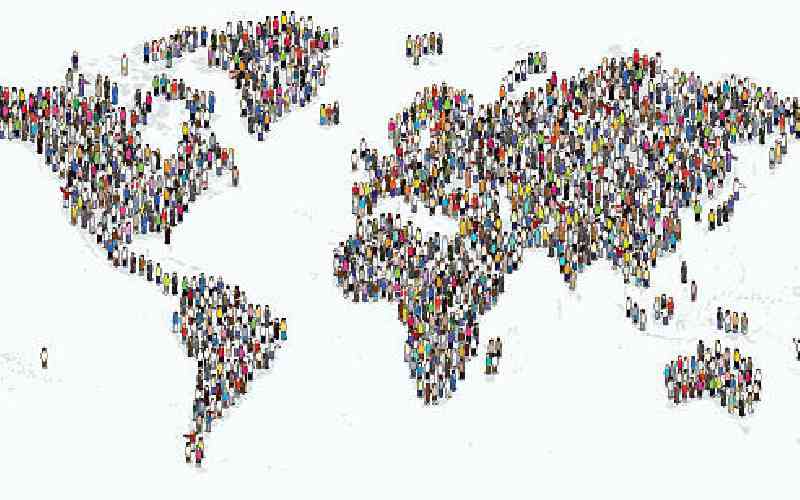
This month the world population hit the 8 billion mark, having grown by 1 billion people since 2010 and is projected to surpass 9 billion by 2037. This unprecedented growth is due to increased life expectancy, people living healthier and longer due to advancements in public health, vaccines, nutrition, standards of living and poverty reduction.
In Kenya, with an estimated 50 million people which translates to 0.6 per cent of the 8 billion people, has grown steadily from about 8 million in 1963 with improvement on the average life expectancy from 48 to 67 years.